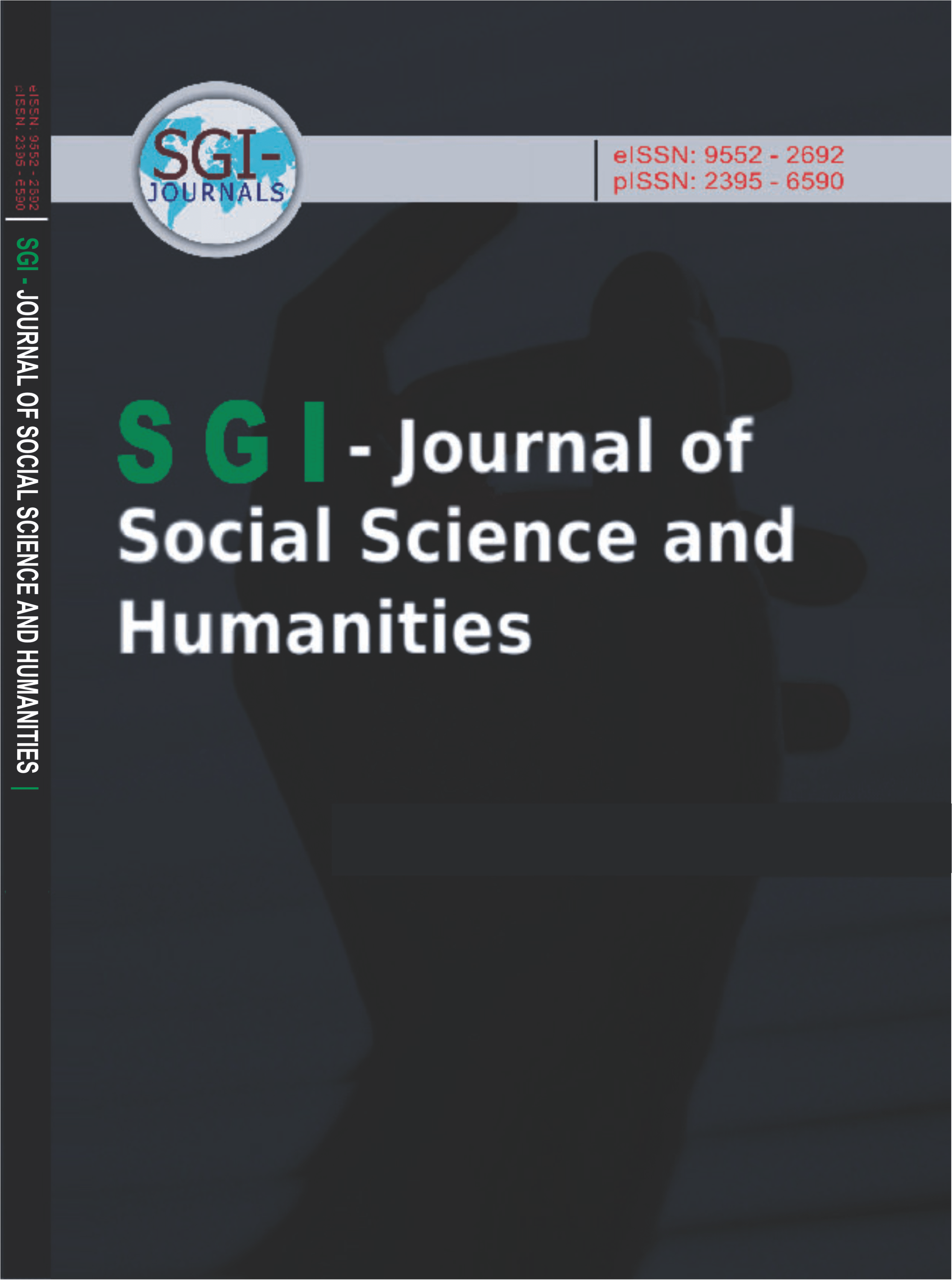SGI-JOURNAL OF SOCIAL SCIENCE AND HUMANITIES (SGI-JSSH)
ONLINE EDUCATION IMPACT – ANALYZING LEARNING OUTCOME
E-ISSN: 9552-2692
P-ISSN: 2395-6590
DOI: https://iigdpublishers.com/article/705
The Internet has helped online education grow quickly by providing students worldwide with more flexible and accessible learning options. Moreover, since technologies have been advancing and educational paradigms have been changing, the study of how online education affects learning outcomes is highly important to set future educational practices. This analysis integrates research about the elements that affect online education outcomes by examining technology-based elements and instructor and student variables. This research successfully demonstrates how technologies like ‘artificial intelligence’, ‘adaptive learning platforms’, and ‘learning analytics’ greatly increase student engagement and customization with tailored learning experiences. Blended and Technology-Mediated Instruction approaches that include remote and physically elements work well to strike a balance between flexibility and the intended benefits of in-person communication. The achievement of students depends heavily on instructors who demonstrate competence in technology use effective teaching methods and quick feedback delivery. Learning outcomes depend heavily on the student's characteristics of self-regulation together with motivation and digital literacy skills. The results demonstrate the necessity of professional development opportunities to assist teachers and students, as well as digital infrastructure rules that promote fair access to digital technology. The study presents the value of building inclusive, flexible learning environments that cater to different learners to improve learning results. This enables contributors to the ongoing development of online education strategies and presents lessons to policymakers, educators, and institutions.
LT. S. Ravibalan
Castro, M. D. B., & Tumibay, G. M. (2021). A literature review: efficacy of online learning courses for a higher education institution using meta-analysis. Education and Information Technologies, 26(2), 1367-1385.
Baber, H. (2020). Determinants of students‘ perceived learning outcome and satisfaction in online learning during the pandemic of COVID-19. Journal of Education and e-learning Research, 7(3), 285-292.
Yu, Z. (2021). The effects of gender, educational level, and personality on online learning outcomes during the COVID-19 pandemic. International Journal of Educational Technology in Higher Education, 18(1), 14.
Huang, R., Ritzhaupt, A. D., Sommer, M., Zhu, J., Stephen, A., Valle, N., ... & Li, J. (2020). The impact of gamification in educational settings on student learning outcomes: A meta-analysis. Educational Technology Research and Development, 68, 1875-1901.
Muller, C., & Mildenberger, T. (2021). Facilitating flexible learning by replacing classroom time with an online learning environment: A systematic review of blended learning in higher education. Educational research review, 34, 100394.
